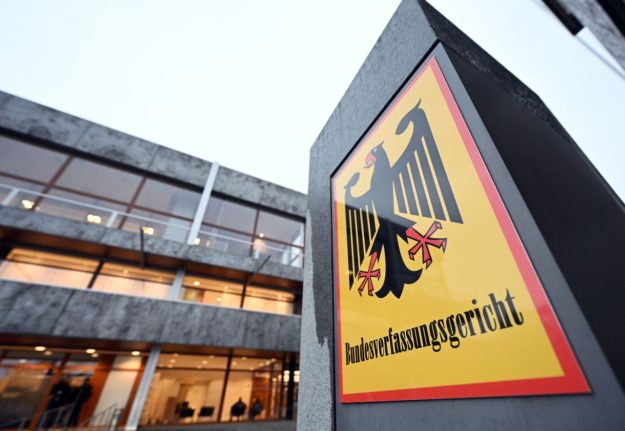Normally the Sparkasse banks, which are partly owned by the towns they are in, do not pay out a fixed amount, but make donations to local good causes.
Last year branches in North Rhine-Westphalia donated some €200 million to communities in the state – more than elsewhere, but not enough to stave off looming financial ruin in Germany’s most populous state.
And now state interior minister for North Rhine-Westphalia Ralf Jäger told the Financial Times Deutschland on Thursday he wanted to see towns supplement their budgets with Sparkasse money.
“We think this would be a very sensible approach in towns where the Sparkasse was in good financial health,” he said, while acknowledging that towns and municipalities would have to make the requests themselves.
His idea was greeted with less than enthusiasm by the Sparkasse banks, the paper said.
Only the one in Duisburg has agreed that it would be sharing its profits with its home city to help drag it out of debt.
There are 34 other cities teetering on the edge of bankruptcy and just eight of the 400 municipalities in the state have a balanced budget.
Sparkasse is a network of German savings banks that, unlike privately owned Deutsche Bank or Commerzbank, are partially owned by the municipal council of the area they are in. Last year they reported a pre-tax profit of €4.7 billion.
Municipalities such as Essen, Herford, Oberhausen, Solingen and Wuppertal are wallowing in debt; their councils are preparing for complete bankruptcy and have asked to be temporarily absolved from their solidarity payments to the east.
The Local/jcw



 Please whitelist us to continue reading.
Please whitelist us to continue reading.
Member comments